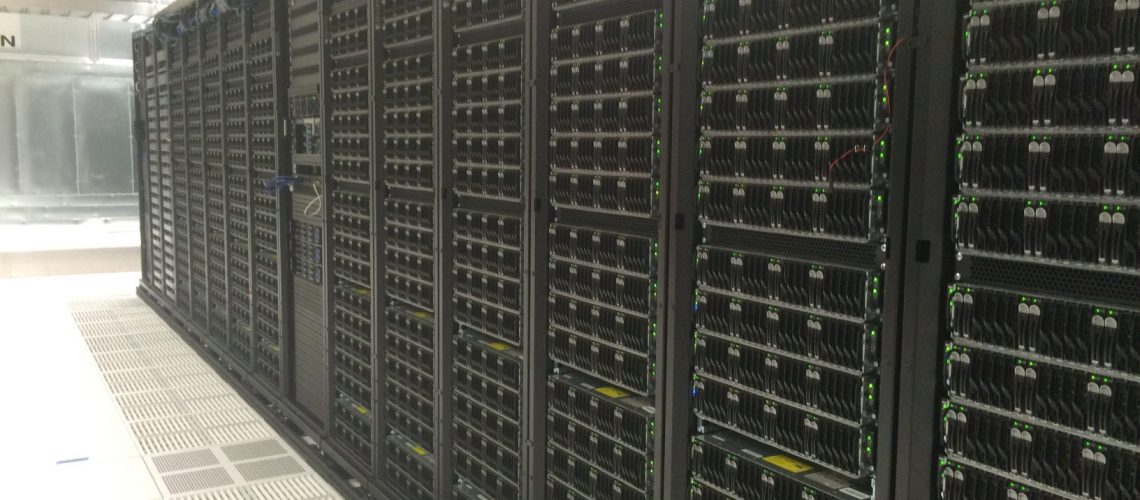Fugaku, a Japanese supercomputer, managed to beat American and Chinese machines in the race for the most powerful computers.
China and the U.S. are engaged in a race to build the most sophisticated systems around the globe. Now they have both been surpassed by a vast computer in Japan.
A long-awaited supercomputer named Fugaku, configured by the government-sponsored Riken Institute in the city of Kobe won first place in a twice-year speed ranking released on Monday. At Oak Ridge National Laboratory in Tennessee, the Japanese machine performed 2.8 times more calculations a second than an IBM system which Fugaku bumped into second place in the so-called Top500 list.
Other IBM program, at Lawrence Livermore National Laboratory in California, slipped from second to sixth in the list, while programs in China rose from third and fourth to fourth.
Supercomputers have been a sign of innovation, both in technological and economic terms. Room-size systems are used for related to the educational as well as scientific assignments, such as trying to break the rules, designing global warming, and replicating original models for automobiles, weapons, aircraft, and drugs. Riken has already confirmed that Fugaku is used to support test, diagnose, and manage Covid-19.
In supercomputing, Japan is still a reasonably low player. China put 226 devices throughout the latest Top500 list; the U.S. total has been 114, although it accounted for a more significant proportion of cumulative computational power.
But Japan does have a long tradition of computers advancing state of the art. A famous example is the K Supercomputer, their counterpart at Riken, which took the No. 1 spot on the Top500 chart in 2011 until being replaced by a Livermore machine the next year.
“The counterpart was only a knockout,” said Steve Conway, a senior supercomputer market analyst who is a high ranking Hyperion Research consultant at the company. “People expect this to be fairly decent too.”
Horst Simon, who researched Fugaku at Lawrence Berkeley National Laboratory in California as deputy director of science, named it a “very impressive, very inspirational” item. But from the perspective of the upcoming Department of Energy structures at Oak Ridge as well as Livermore and probable developments in China, it will not last long as the world’s fastest the supercomputer, he ” says.
Fugaku, another Mount Fuji name, wanted some massive expenditure. The device ‘s six-year budget and linked technological innovation totalled approximately $ 1 billion, especially in comparison to the $600 million sticker prices for the “ efficiency US structures.
Due to its electronic components, the machine can make waves too. Fujitsu, Riken ‘s partner in the development of Fugaku, decided to conduct graphics cards at the core of billions of mobile phones, using simple equipment. It has licensed designs from Arm, a long-established British firm now controlled by SoftBank, a Japanese conglomerate.
By comparison, many other supercomputers are using microchips that developed from the chips initially sold to PCs by Intel and Advanced Micro Devices. The most potent computers, such as the Nvidia graphics processors employed to run video games as well as, more recent times, artificially intelligent apps, were accelerated using more specific processors.
Gun licensees have been unsuccessfully seeking to establish a foothold in data centres for years. But Amazon’s cloud provider has immediately started trying to promote Arm-based services.
Executive vice president of Arm ‘s infrastructure business Christopher Bergey predicts more gains in high-performance computing. With one item, the long-standing supercomputer manufacturer Cray, recently bought by Hewlett Packard Enterprise plans to sell Fujitsu-based arm-based chips management programs.
Fugaku “is the continuation of nearly ten years of effort and labour,” said Mr Bergey. “It’s just an entertaining moment.”
The Top500 list, published by research groups in the USA and Germany is being set to release to correspond with such supercomputing the incident which is typically taken in Frankfurt and is continuing digital this year due to the coronavirus pandemic.

